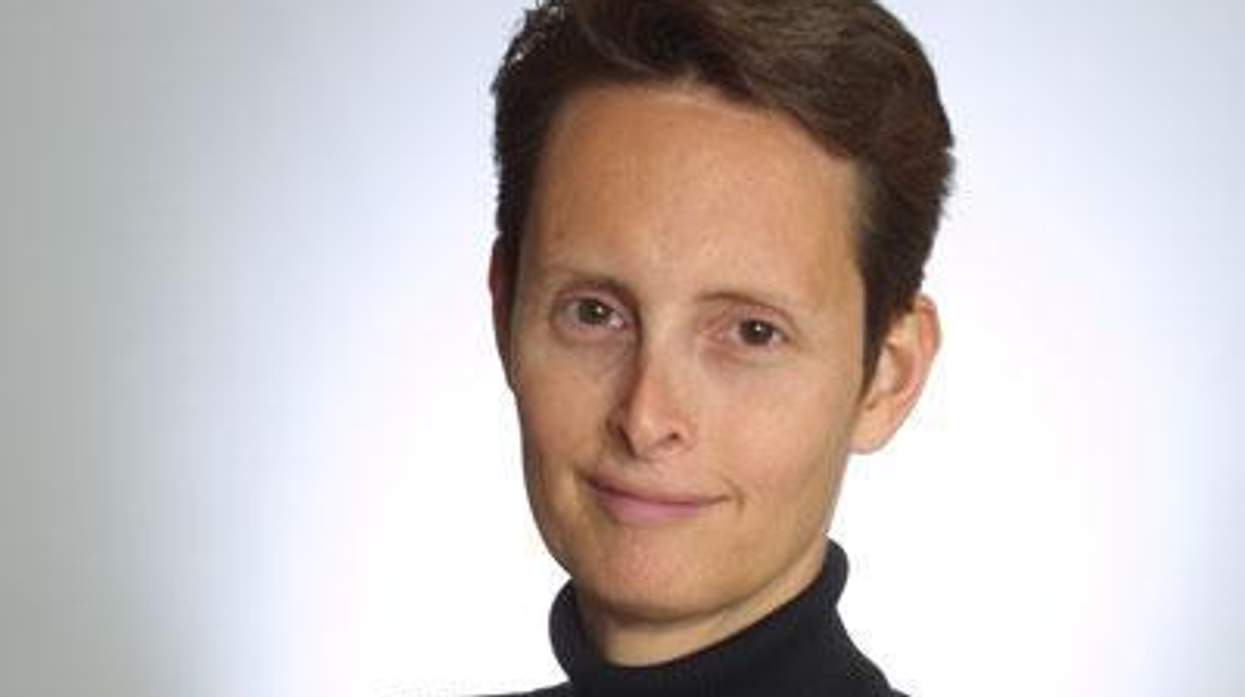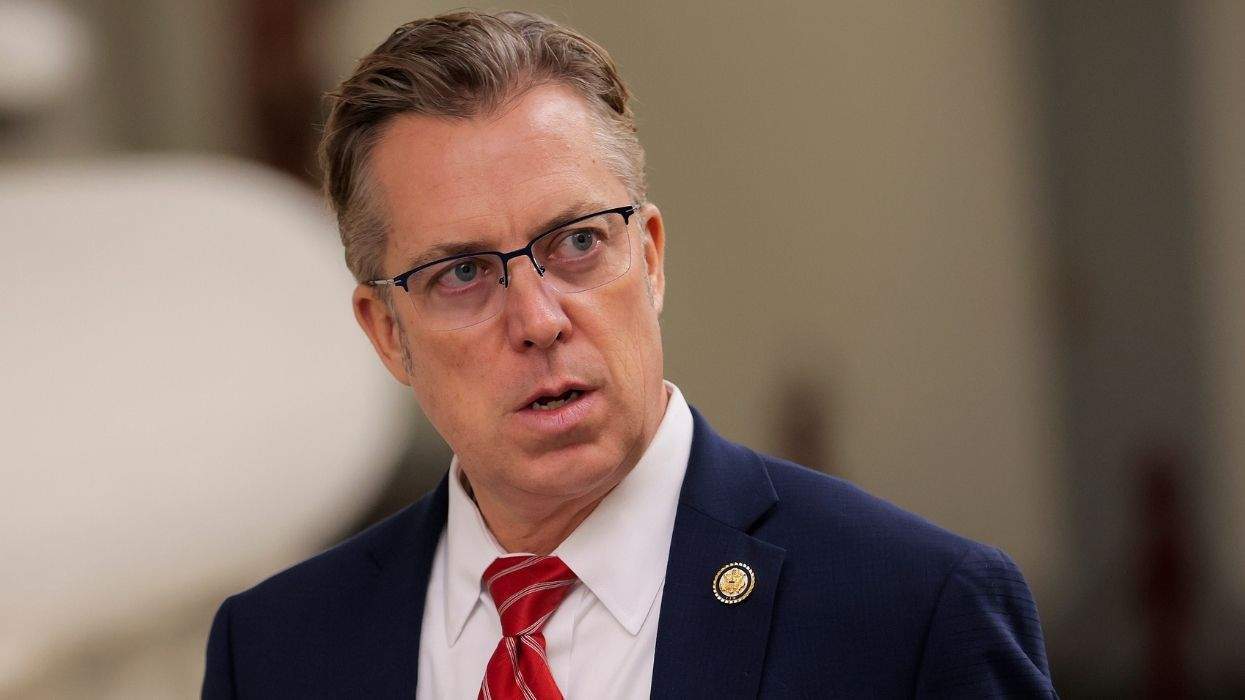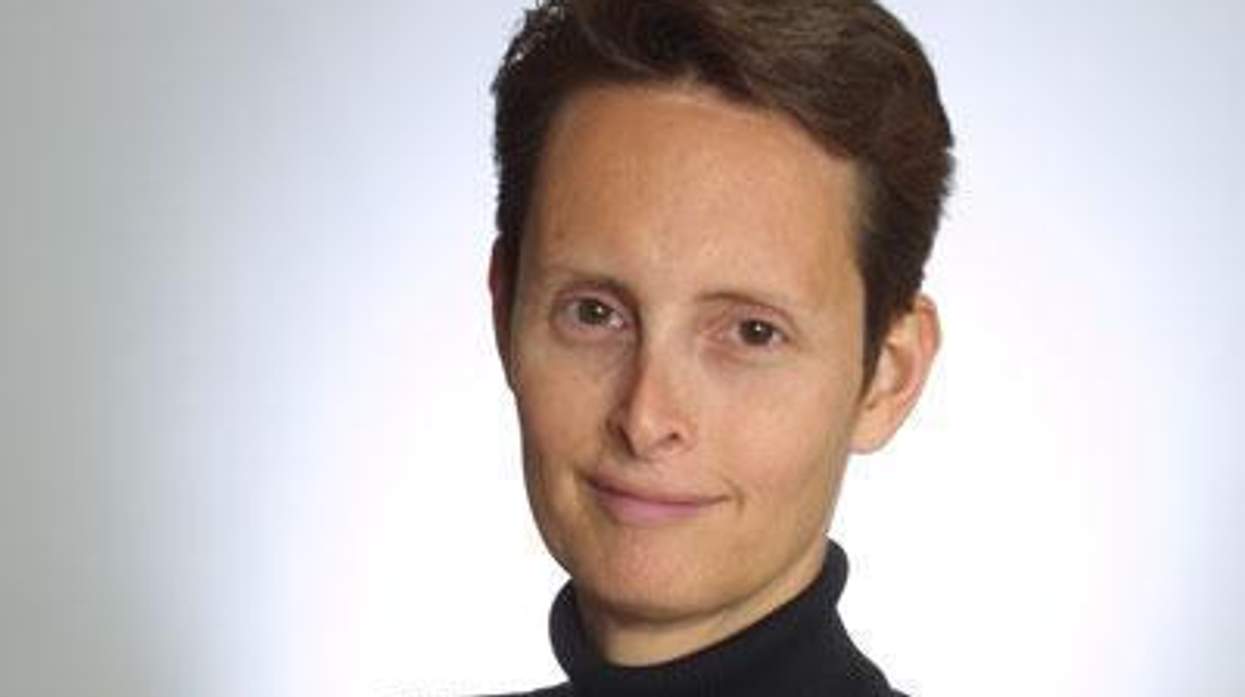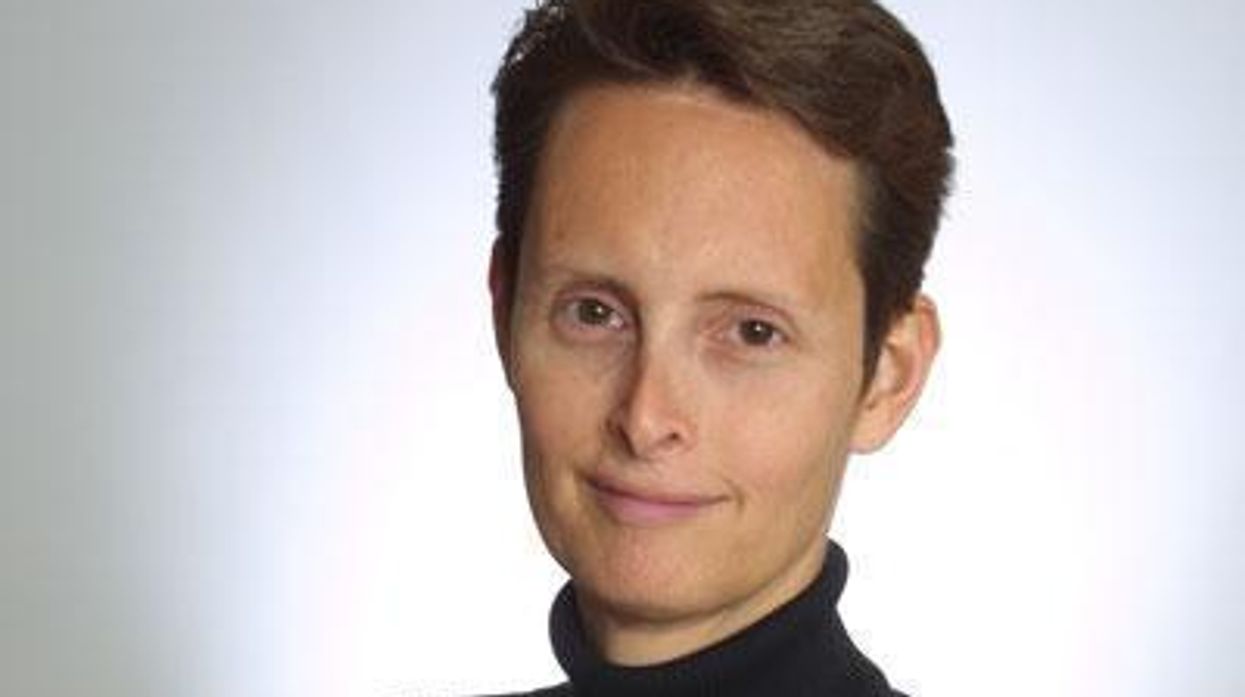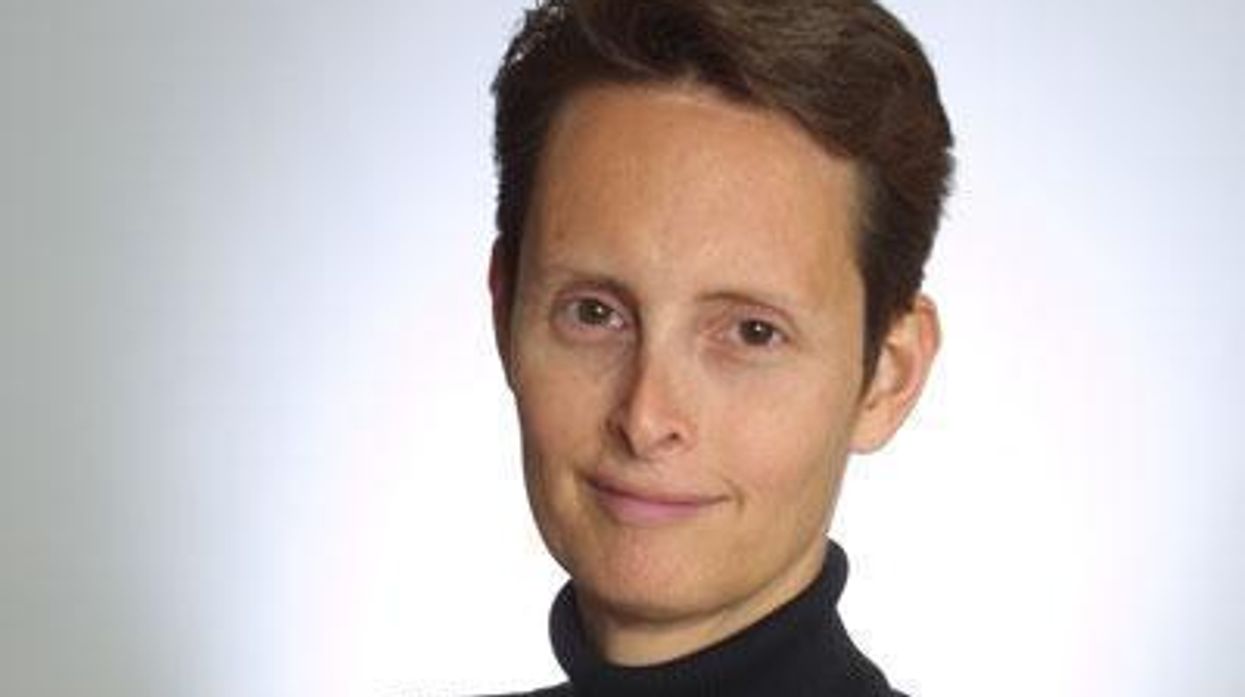It was Gender Trouble and other writing by Judith Butler that first ignited my thinking about gender and made me believe a transgender politics that transcended both the binary and the demands of cis-gendered people was possible. There was a period of about three years when I seemed helpless to do anything but discuss and analyze gender theory, even over the most casual luncheon dates. Being able to finally deconstruct the oppression with which I struggled and see all the moving parts ignited in me a new desire to confront, rather than conform to, the gender system and informed my trans-activism for the coming two decades.
So I looked forward to eagerly devouring her ideas on contesting gender oppression when her book, Undoing Gender, was published.
But her ideas of what passed for gender activism seemed strangely oblique and bloodless to me--small, individual acts of insubordinacy that parodied and upset gender norms, while celebrating genderqueerness. WTF?
In Martha Nussbaum's well-publicized attack on Butler's cosmology, she pinpointed the absence of such messy realities as organizing, policy change, and legislation -- things to which I was now devoting my life. What was the point of being a happy gender warrior doing private acts of rebellion? How on earth was this going to be the big stick that would overturn a ubiquitous binary gender system?
The idea of embracing parody or celebration was in itself foreign to me. One of the primary attacks of radical feminists on trans-women like me was that we're parodying "real women" by appropriating their body parts, clothing and gestures. At the same time, non-radical guys on the street attacked me for simply not being real, period. Parody seemed to be the very air I was forced to breathe, hardly a great foundation on which to build personal or political liberation.
And whither celebration? What was there to celebrate about being male? I had spent a lot of time and money -- not to mention losing my job, family and life partner -- in order to live a womanhood that almost everyone not in my immediate circle of family and friends (and, privately, many of those as well) seemed intent upon denying.
And it wasn't just nasty straight people, either: Women's groups rejected transwomen; lesbian groups ejected us; gay pride parades didn't include transgender; state and national "LGB" organizations simply refused to "add the T."
And then there was the isolation. In the 1970s, there was only one other transsexual in Cleveland that anyone knew of at the time, Carmen. She pretty much held me together through my surgery and basically kept me from killing myself as I watched my social support system quietly dissolve. When I heard from her about Joan, we were three. Our numbers had grown 50% in a city of almost a million.
And the shame. It somehow felt deeply shameful to keep telling folks I was something they didn't agree that I was, that I didn't particularly appear to them to be, and that almost no one recognized or honored. I'd get on a subway car and watch young boys start staring -- trying to read me -- and then pointing and finally laughing and taunting.
My solution was to begin wearing a black Transsexual Menace t-shirt that no one could miss. My motto was "don't read me -- read my shirt." I wore one every single day for three years, even when I flew in to organize demonstrations in states like Texas, Nebraska, or Georgia where I felt my safety was at issue.
It was around that time that Holly Boswell, a transgender spiritual leader, used to tell people, "Congratulations, you're transgendered." I had no idea what she was talking about.
Fast forward 20 years and we have the rise of a whole generation of transgender kids who understand their bodies as a place of pride, identity, power and yes, celebration.
How else to explain Warren Beatty and Annette Benning's FTM son, Stephen Ira Beatty, who talked openly about his gender identity in a video on WeHappyTrans website that went viral and was viewed more than a million times.
Or Sadie, the 11-year-old girl who wrote an open letter to President Obama complimenting his mentioning gays and lesbians in his Inauguration speech, but reminding him to mention transgender children like her.
Sadie went on to write of the fear and ostracism transgender kids often face, even as she affirmed to him her deep pride and joy in being transgender. The letter was posted online by her parents, quickly picked up by Huffington Post, and then was reposted widely.
Or even Gregory Gorgeous, whose YouTube celebration of his profound and beautiful genderqueerness has become an underground phenomenon, generating nearly 50 million page views.
It may not be the duty, but is certainly the fate of activists to often create political advances of which they, themselves, are unable to fully partake. I recall the wonderful Larry Kramer standing up at a meeting to remind anyone who was tempted to slack off that, "They hate us! They hate us out there!" He'd been right once, but this room was filled with multi-millionaire and billionaire gay donors and this was just as Will & Grace was becoming a hit in middle America.
So when I was invited to cut a video for "It Gets Better," I agreed, because it really does get better. But I could no more cut a video for WeHappyTrans than I could levitate while filming it. My public coming out gesture was not an online celebratory post but donning a Menace t-shirt in order to survive in a time and place when being trans didn't mean being young and fabulous but isolated, invisible, and taunted.
All of this is to say that the emerging transgender activism exists in a land in which I not only don't live, but one in which I cannot yet visit.
Yet even as I remain deeply committed to traditional political organizing I realize, that every time a parent stands behind their openly transgender daughter, every time an out transgender child writes an open letter to the President, every time a celebrity transgender son comes out--that together all these small, isolated, individual acts of personal insubordinacy are challenging the binary, overturning gender oppression, and -- yes, even undoing gender.
RIKI WILCHINS is an activist, stand-up comedian, and the author of Read My Lips.
